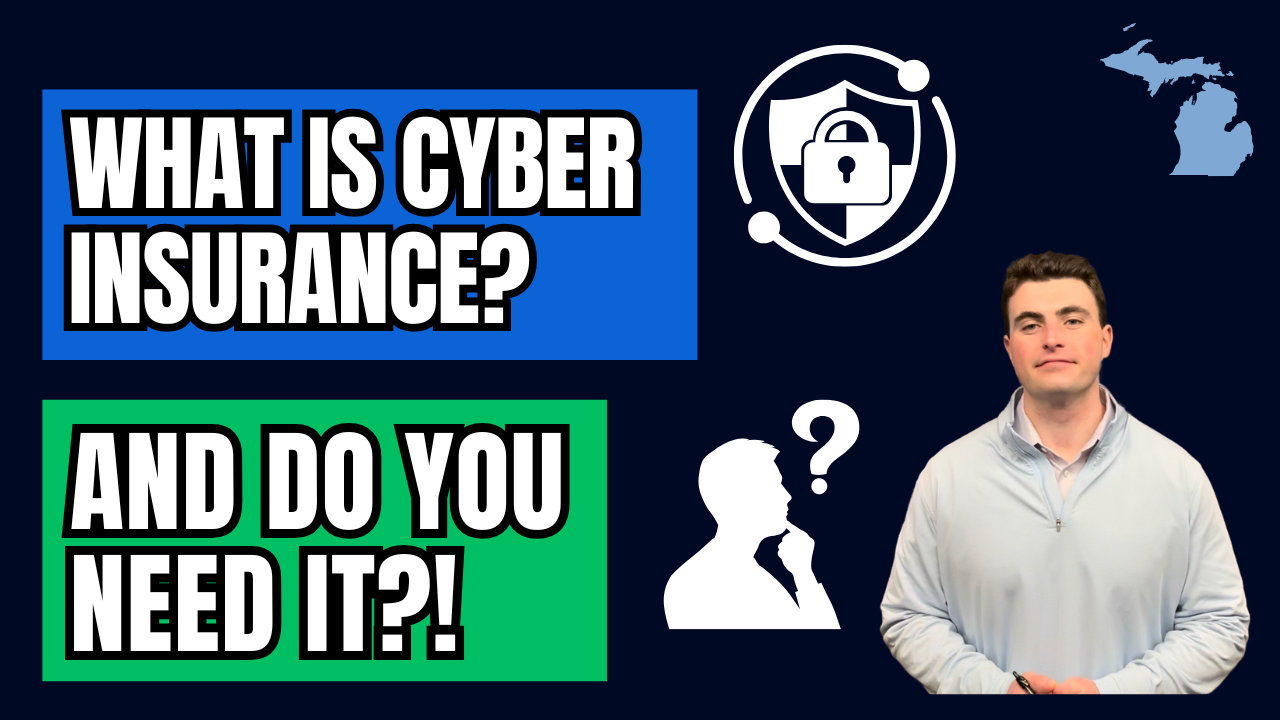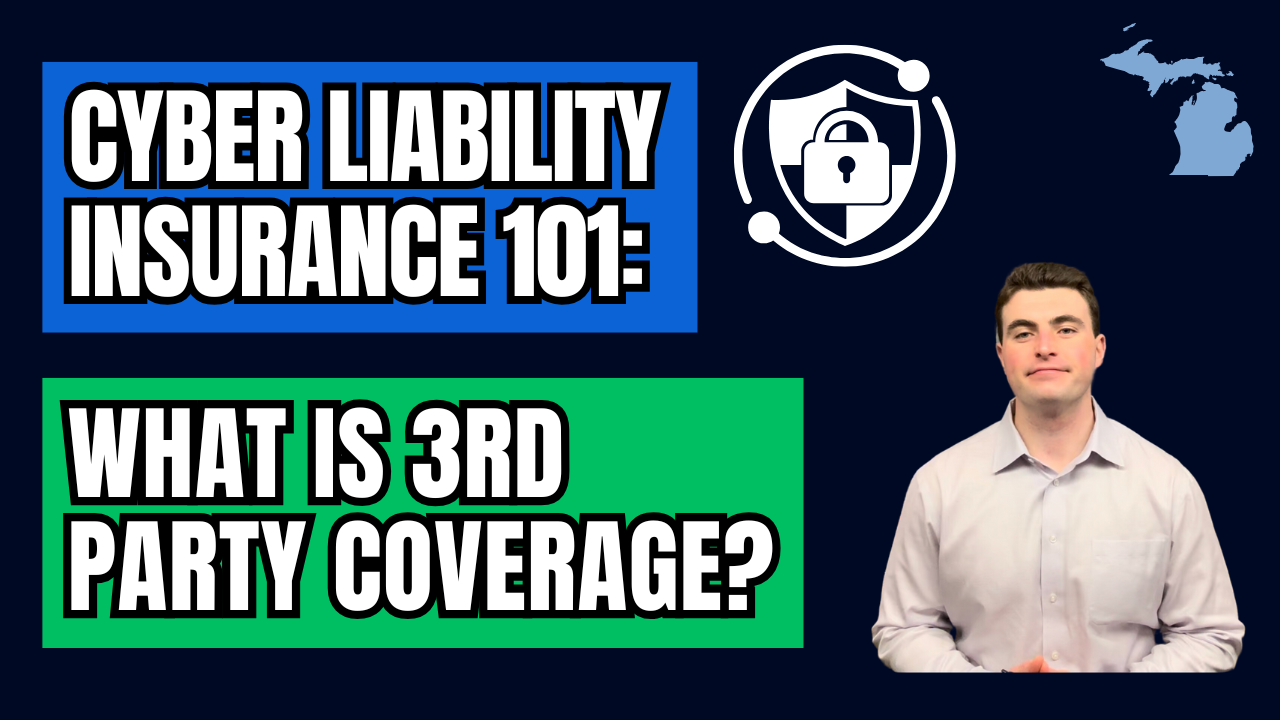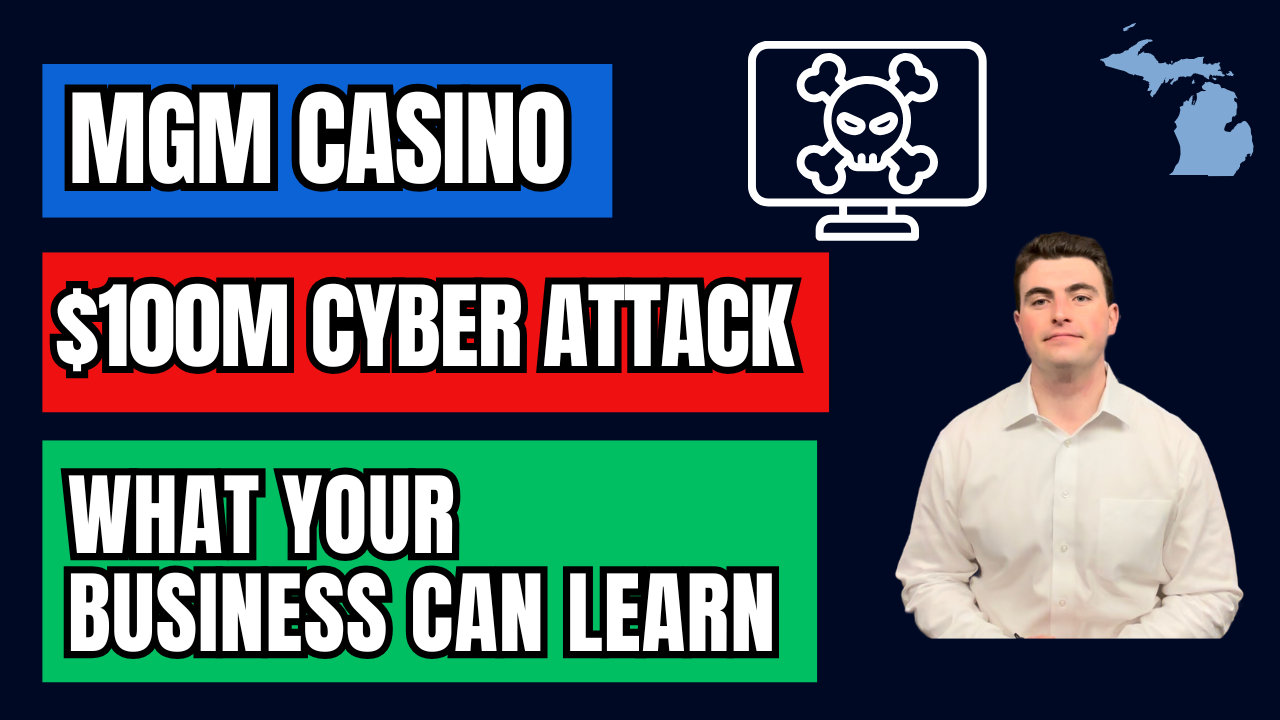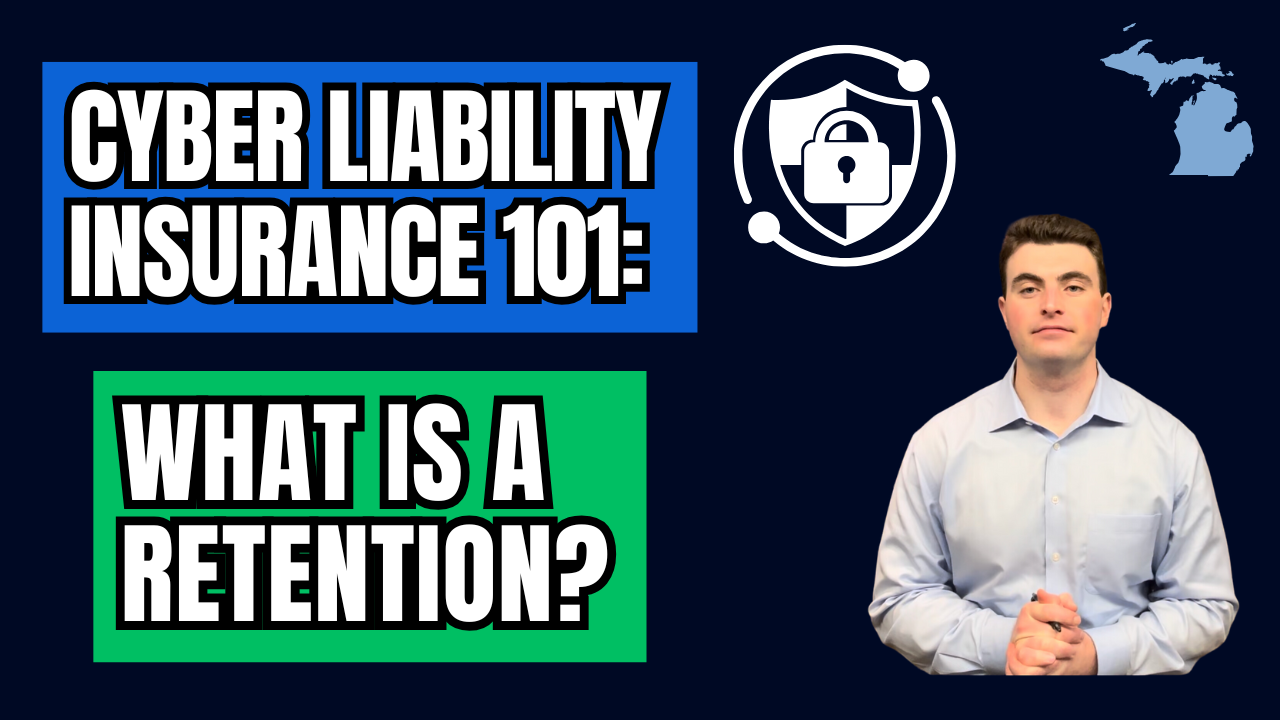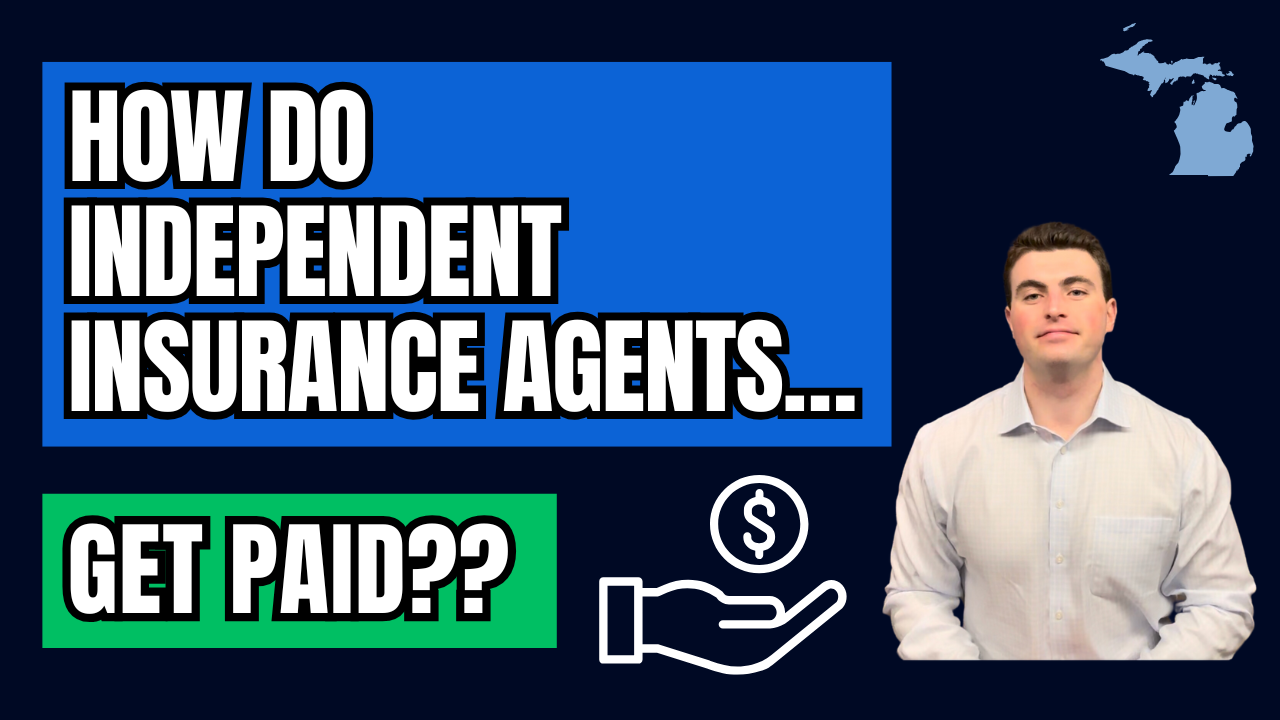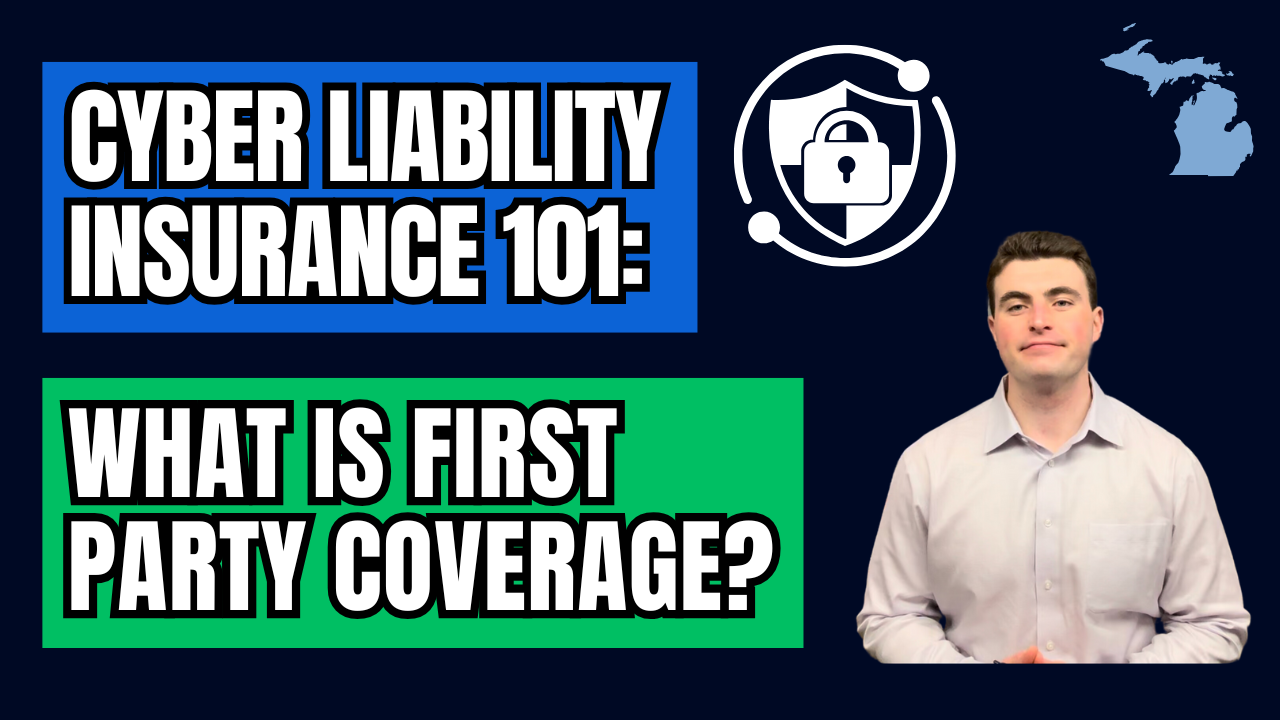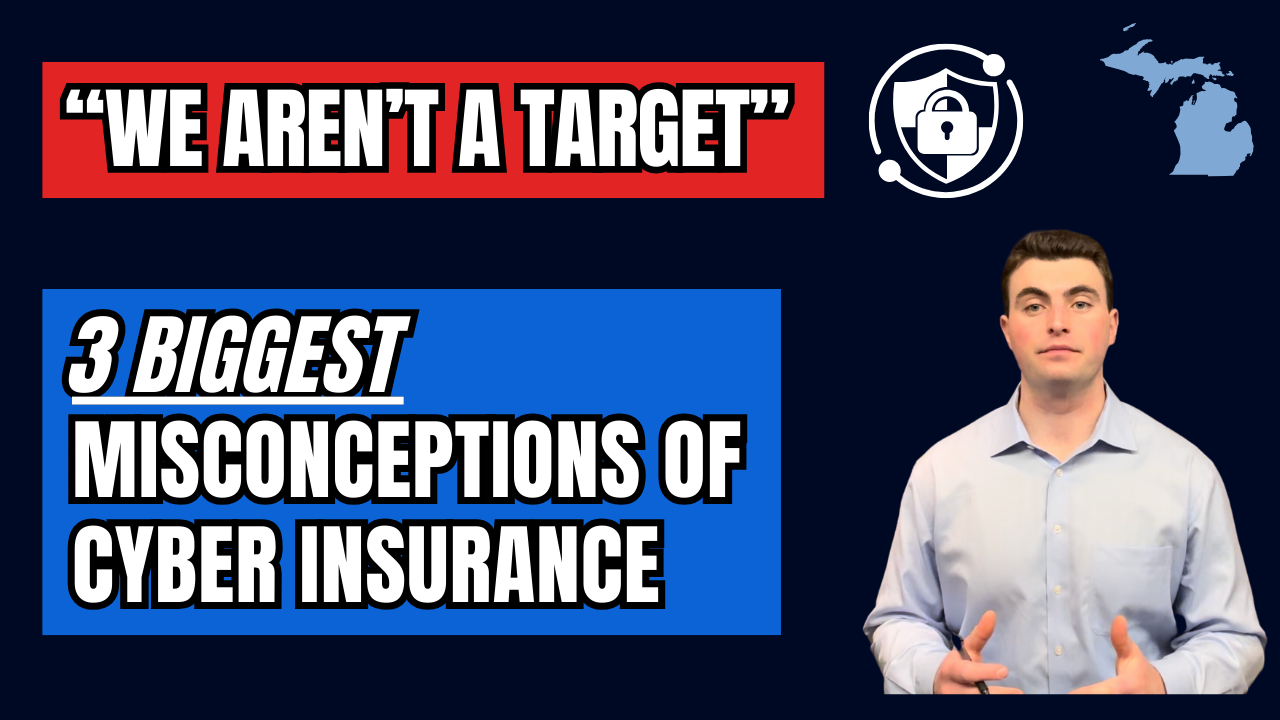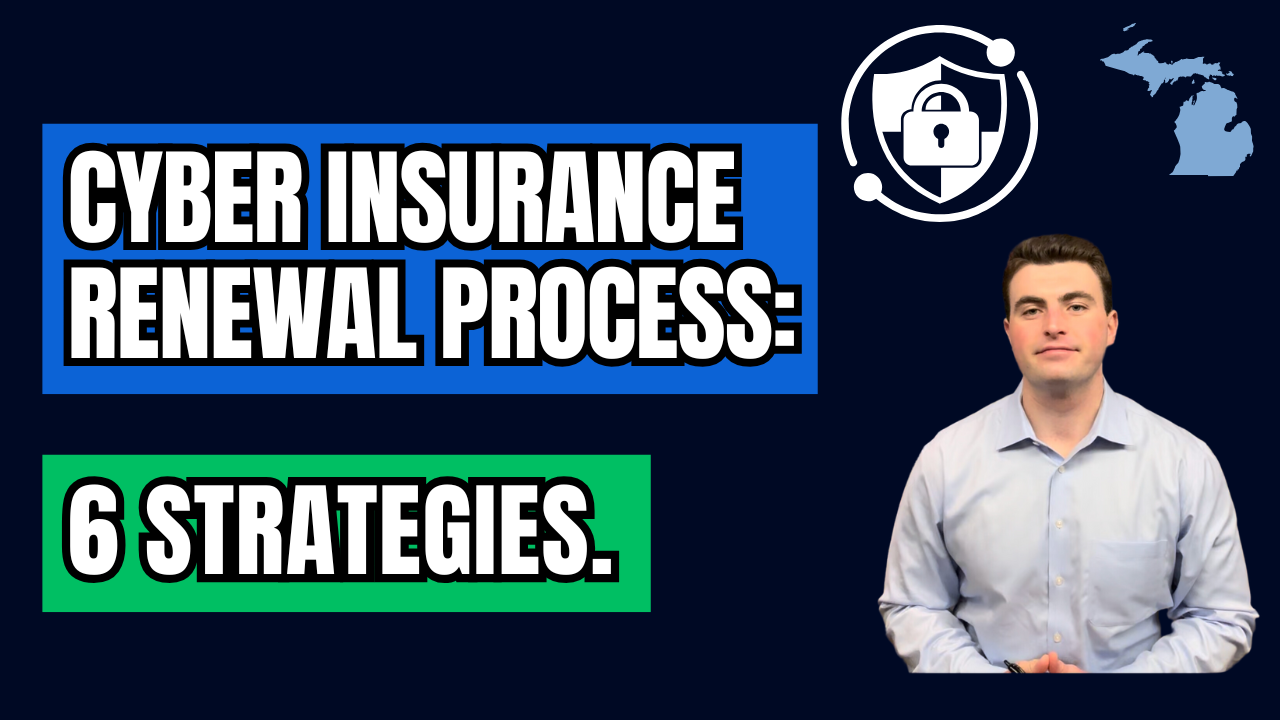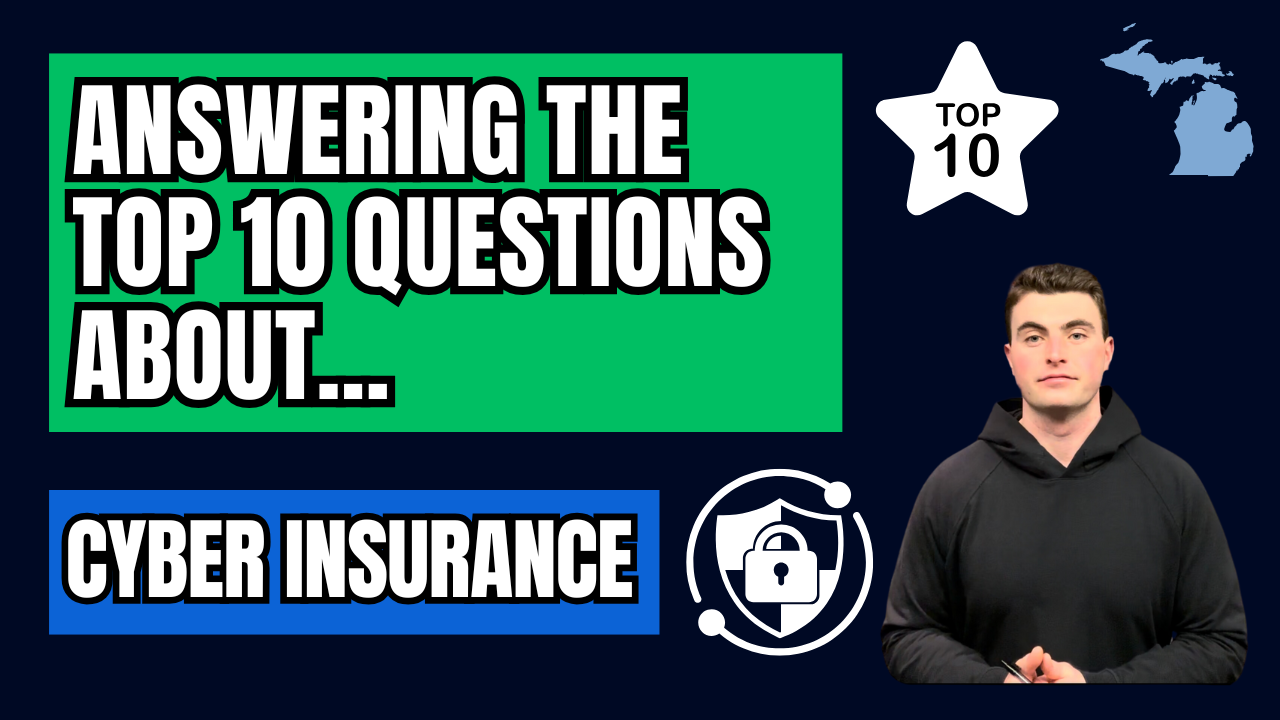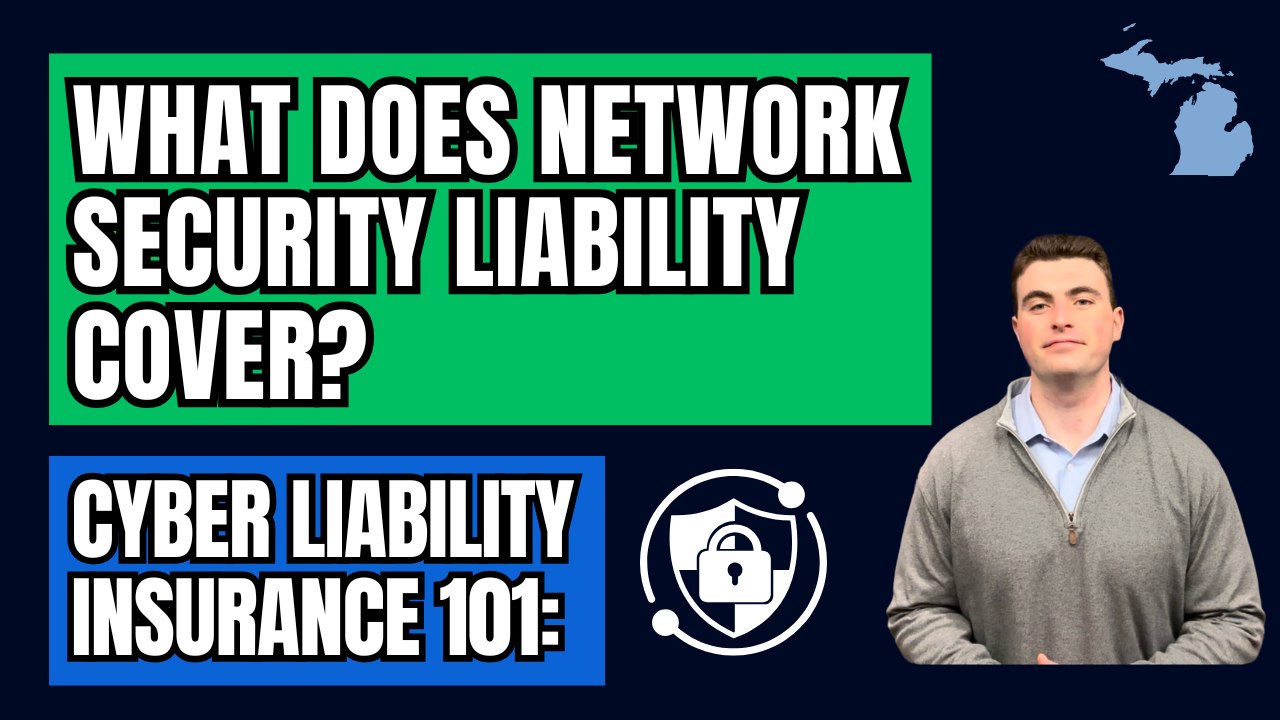What Is Business Interruption Insurance? A Complete Guide
What Is Business Interruption Insurance? A Complete Guide
When disaster strikes, it’s not just the physical damage that can hurt your business—it’s the income you lose while trying to get back on your feet. That’s where Business Interruption Insurance, also known as Business Income Insurance, comes in. This crucial coverage helps protect your business from financial losses when operations are temporarily halted due to a covered peril.
In this guide, we’ll explain what business interruption insurance is, what it covers, how it works, and how to make sure you have the right coverage in place.
What Is Business Interruption Insurance?
Business Interruption Insurance is designed to cover lost income and ongoing expenses when your business is forced to close or significantly reduce operations due to a covered event, such as a fire, natural disaster, or theft.
This type of insurance is typically included as part of a Commercial Property Insurance policy or a Business Owner’s Policy (BOP), making it an essential part of any comprehensive business insurance plan.
What Does Business Interruption Insurance Cover?
Here are the main areas that business interruption insurance typically covers:
- Lost Income: Replaces the income your business would have earned during the downtime.
- Operating Expenses: Helps cover essential ongoing expenses like rent, utilities, and insurance premiums.
- Temporary Relocation Costs: Pays for the cost of moving to and operating from a temporary location.
- Employee Wages: Ensures you can continue paying staff, helping you retain your team during recovery.
- Taxes: Covers taxes that are still due even while your business is shut down.
- Loan Payments: Helps you stay current on business loan obligations during the interruption period.
How Does Business Interruption Insurance Work?
- Triggering Event: The coverage kicks in when a covered peril (like a fire or storm) causes physical damage that interrupts your normal business operations.
- Period of Restoration: Most policies define a specific timeframe—usually starting from the date of the event and lasting until the property is repaired and operational again.
- Claims Process: You’ll need to provide documentation showing your typical income and expenses. Insurers will often compare this to historical data (previous months or years) to estimate the losses accurately.
Key Considerations When Choosing Business Interruption Coverage
Selecting the right business interruption policy requires careful planning. Here are a few things to consider:
1. Risk Assessment
Evaluate the risks specific to your industry and location. For example, is your area prone to hurricanes, wildfires, or other natural disasters?
2. Coverage Limit
Decide how much coverage you’ll need to support your business through a complete recovery. Make sure it matches your estimated time to return to full operations.
3. Indemnity Period
This is the length of time your policy will pay benefits. Be realistic—some repairs and rebuilds take longer than expected.
4. Exclusions
Most business interruption policies exclude coverage for pandemics or viruses. Make sure you understand what is and isn’t covered.
5. Endorsements
You may want to add additional coverages such as:
- Contingent Business Interruption (for disruptions to suppliers or customers)
- Utility Services Interruption (for power, water, or communication outages)
What Affects the Cost of Business Interruption Insurance?
Several factors determine the cost of your business interruption insurance:
- Business Size & Industry: Larger companies or high-risk industries (like manufacturing or hospitality) often pay more.
- Location: Businesses in disaster-prone areas usually face higher premiums.
- Revenue: The more your business earns, the higher your potential loss—meaning higher premiums.
- Policy Details: Coverage limits, deductibles, and specific terms can all affect cost.
- Claims History: A history of frequent claims can raise your insurance rates.
Additional Tips for Business Owners
- Review Coverage Annually: As your business evolves, so should your insurance.
- Work With a Trusted Agent: An experienced insurance professional can help tailor your coverage to your unique risks.
- Make It Part of a Bigger Plan: Business interruption insurance should be one component of your overall risk management strategy.
Final Thoughts
Business interruption insurance is more than just a safety net—it’s a lifeline that helps keep your business afloat after an unexpected disaster. From covering lost income to helping pay your employees and meet financial obligations, it’s one of the smartest investments you can make for your business continuity.
👉 Want help reviewing your business interruption coverage? We’re here to help. Contact us today to make sure your business is protected.
Contact Us
We will get back to you as soon as possible.
Please try again later.
